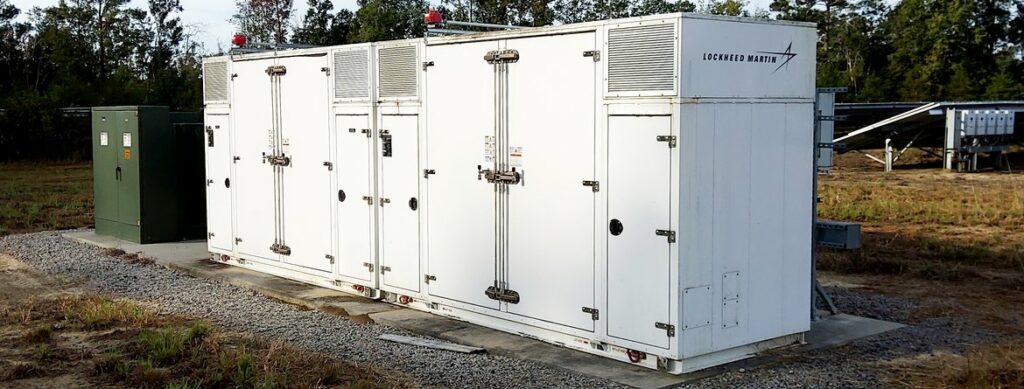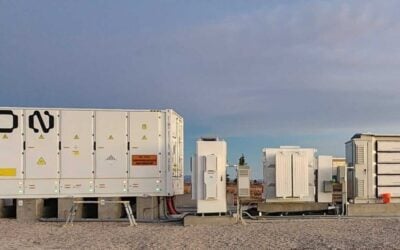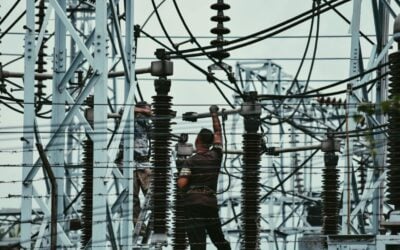
Developer Cypress Creek Renewables has acquired four standalone battery energy storage system (BESS) projects totalling 400MW/600MWh in Texas, US, from Black Mountain Energy Storage (BMES).
The projects have a nameplate power of 100MW each and are located in the market run by Texas’ main grid operator, the Electric Reliability Council of Texas (ERCOT).
Cypress Creek will continue project development, entitlement, engineering, procurement, financing, construction, and will operate the 400MW/600MWh portfolio once they become operational, which is expected to occur in 2024.
The projects were acquired from Black Mountain Energy Storage (BMES), part of energy development group Black Mountain. A press release announcing the sale to Cypress Creek did not specify the names of the projects, but a BMES announcement in March this year said the company had signed an exclusivity agreement with an unnamed company for four 100MWac units in development – Brazos Bend BESS, Seven Flags BESS, Third Coast BESS and Tierra Seca BESS.
Try Premium for just $1
- Full premium access for the first month at only $1
- Converts to an annual rate after 30 days unless cancelled
- Cancel anytime during the trial period
Premium Benefits
- Expert industry analysis and interviews
- Digital access to PV Tech Power journal
- Exclusive event discounts
Or get the full Premium subscription right away
Or continue reading this article for free
A few weeks ago, BMES sold two 100MW/200MWh projects to Canadian Solar subsidiary Recurrent Energy, also in Texas and also due for completion in 2024. BMES has not named or provided details on projects other than these six it has sold. But, whilst commenting on the sale to Recurrent, BMES CEO said the company has “….3.0GW of optimally sited ERCOT BESS projects in the hopper behind these two.”
Nationally, Cypress Creek has developed more than 11GW of solar to date and has a 15GW solar and storage pipeline. In the ERCOT market, Cypress Creek has developed 5GW of solar and storage assets. The developer has been owned by global private equity firm EQT since July last year.
“ERCOT is an incredibly dynamic power market, and standalone storage assets will continue to provide opportunities to increase grid reliability through flexible and dispatchable resources,” said Jack Murray, director of M&A at Cypress Creek.
Texas is the second-fastest growing market for BESS deployments after California. BESS projects derive revenues from energy trading – the market has no centralised capacity auctions – around congested nodes alongside grid ancillary support services, mainly regulation reserve service (RRS) and a sub-set within that group called fast frequency response (RRS-FFR).
The market is moving from one-hour to two-hour systems as energy trading grows as a proportion of revenues and BMES’ projects reflect this shift.
As was the case with the Recurrent deal, this transaction was facilitated through the LevelTen Energy Asset Marketplace, a platform connecting renewable energy projects and with buyers.





